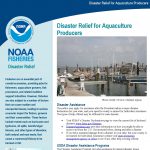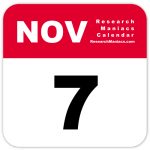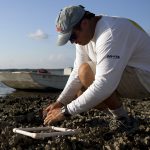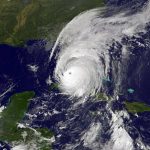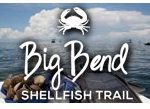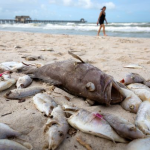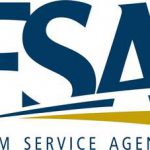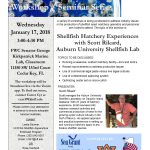
Hatchery Seminar January 17 in Cedar Key
Shellfish Hatchery Experiences with Scott Rickard, Auburn University Shellfish Lab A series of workshops / seminars is being conducted to address industry issues in the production of shellfish seed. Hatchery operators and personnel are invited to attend. In this seminar, Scott Rikard with the Auburn University Shellfish Lab will talk about his shellfish hatchery experiences, including the following topics: running a seasonal, outdoor hatchery facility—do’s and don’ts, recent improvements to address production issues, use of commercial algal paste versus live algae cultures, use of containerized spawning system, and optimizing oyster set on micro-cultch. Scott manages the Auburn University Shellfish Laboratory



